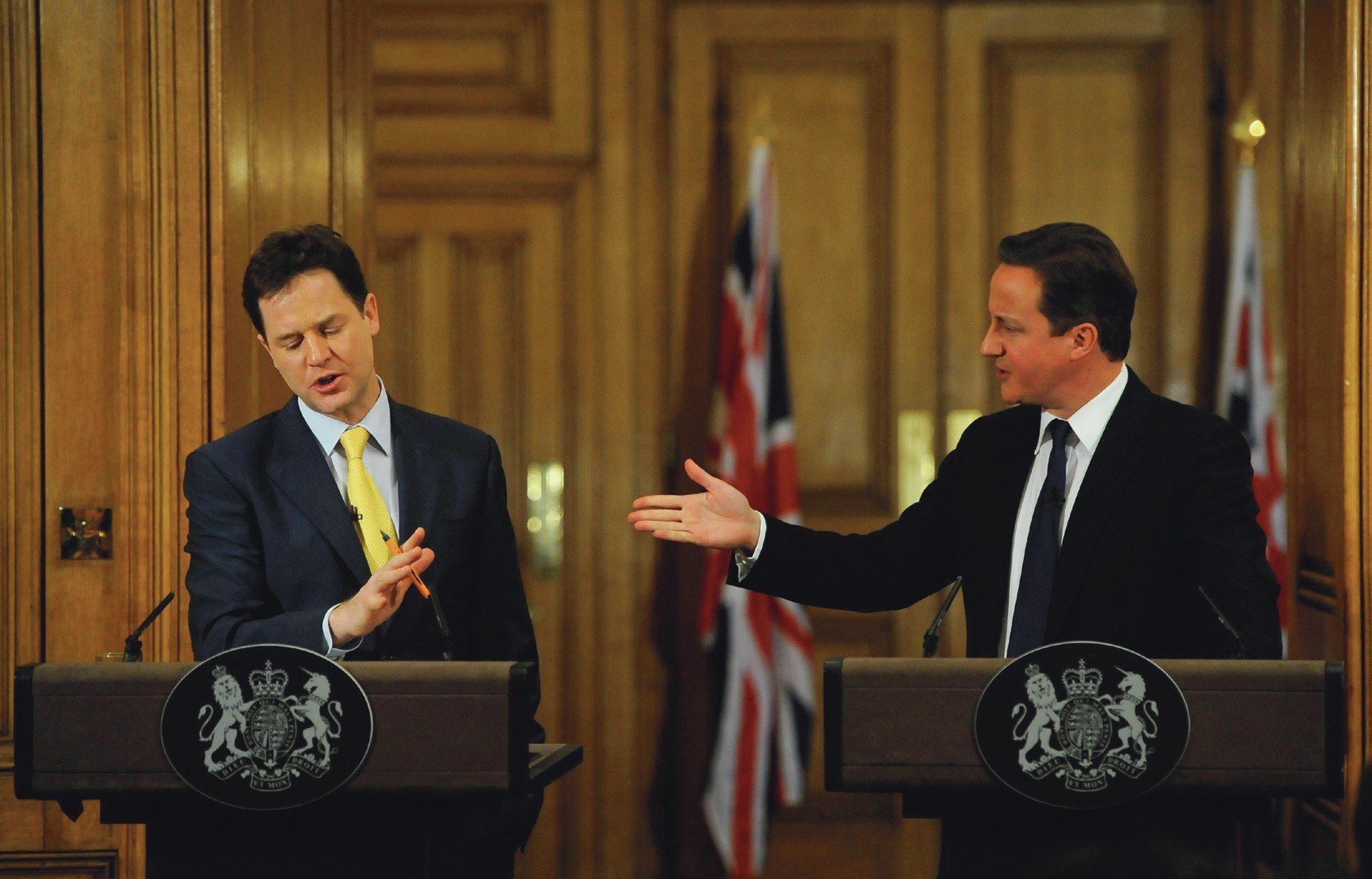
The defeat of the Labour government in the general election of 2010 brought to an end an era of constitutional change that was unprecedented in modern British history. The changes were notable not only for their number but also for the fact that they were not the product of any coherent view of constitutional change. Each change had been advocated on its individual merits and not on the basis of a particular view of the constitution that the government wished to achieve. The approach to constitutional change was essentially bottom up: that is, the product of disparate and discrete change. It was not the product of a top-down approach: that is, having a clear view of the type of constitution that was considered best for the UK and with changes being made in order to achieve that constitution.
This article is essential reading for AS students. It focuses on the following aspects of the specifications:
Your organisation does not have access to this article.
Sign up today to give your students the edge they need to achieve their best grades with subject expertise
Subscribe




